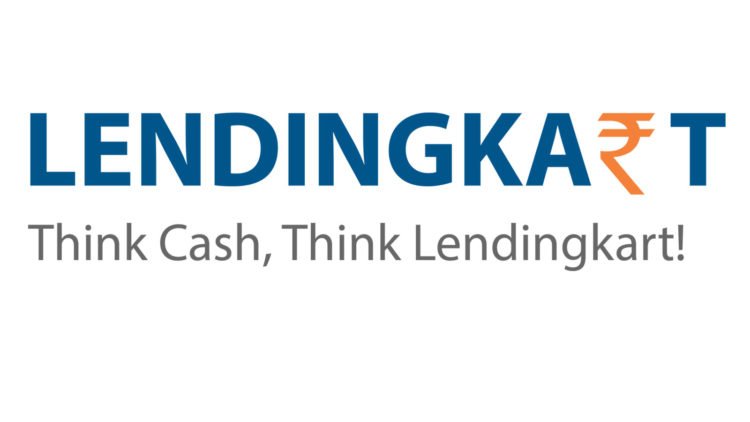The digital lending platform, Lendingkart, announced that it has raised Rs 30 crore in non-convertible debentures (NCBs) from Nederlandse Financierings-Maatschappij voor Ontwikkelingslanden NV (FMO), a Dutch development bank, which primarily invests in the growth and frontier markets.
The latest round of funding comes after the startup raised Rs 25 crore in debt from the State Bank of India, bring its total debt funding to Rs 378 crore largely from prominent non-banking financial corporations including Aditya Birla Financial Services, IFMR Capital, and Mannapuram Finance.
As per a statement released by the company, the funds will be utilized to refuel loan books and expand Lendingkart Finance’s reach in the SME segment. Till date, the company has disbursed more than 20,000 loans to over 13000 SMEs across 23 sectors.
“With a committed portfolio of 9.8 billion euros, FMO is one of the larger bilateral private sector development banks globally…This being our first foreign debt raise will open avenues for Lendingkart Finance’s future foreign debt funding as well,” said Harshvardhan Lunia, CEO and co-founder of Lendingkart Technologies, in a statement.
The startup is focused at meeting the working capital needs of SMEs across the country that do not have access to credit or are otherwise capital deficient. To achieve this aim, the company uses technological tools based on big data analytics and machine – learning algorithms in order to determine the credit worthiness of their prospective borrowers. Around 5000 variables are evaluated to determine factors like financial health, comparative market performance, social reliability and compliance. Once the evaluation is completed, the loan amount is sanctioned to the eligible borrower within 72 hours from applying. The main competitors for Lendingkart Finance include startups like ZipLoan, Capital Float, Quikrupee, SMEcorner, Innoviti, and Biz2credit.
FMO, with its portfolio spanning over 92 countries, is focused on three sectors that have a high developmental impact namely, financial institutions, energy and agribusiness, food and water.
(Picture courtesy: bertelsmann.com)



Ello, gov’nor!
I’m really impressed along with your writing abilities as smartly as with the format on your blog. Is this a paid subject matter or did you customize it your self? Either way keep up the nice high quality writing, it’s rare to peer a great weblog like this one these days!
Your article helped me a lot, is there any more related content? Thanks!
Thanks for sharing. I read many of your blog posts, cool, your blog is very good.
Can you be more specific about the content of your article? After reading it, I still have some doubts. Hope you can help me.
Can you be more specific about the content of your article? After reading it, I still have some doubts. Hope you can help me.
Your point of view caught my eye and was very interesting. Thanks. I have a question for you. https://accounts.binance.info/en/register-person?ref=JHQQKNKN
Awesome post! Join the fun at https://sugongfang.com for up to R$1,000 welcome bonus, progressive jackpots, and instant PIX withdrawals. Date: 2025-11-02 11:14:30 (-03).
好文!2026年世界杯越来越近了,让我们共同期待这场全球足球盛宴。日期:2025-12-02 06:37:25 (-03)。
Awesome post! Join the fun at https://gsk-1whatsapp.com 借助 WhatsApp 网页版,您能够方便地进行多方沟通。 . Date: 2025-12-17 18:44:35 (-03).